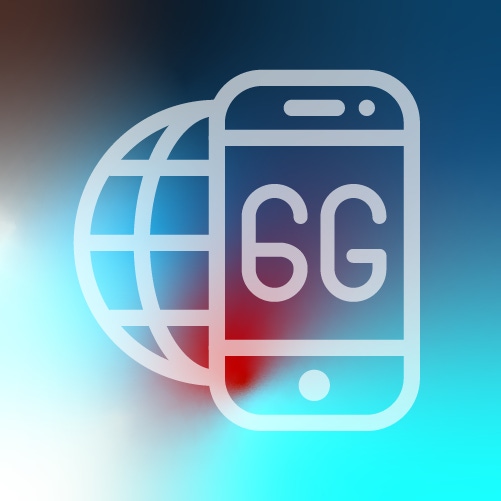
Also in today's EMEA regional roundup: BT workers take more strike action; AtlasEdge buys DC1; using mobile data for COVID-19 mapping.
Nokia has been appointed the overall lead on the Hexa-X-II project, the second phase of an EU-funded 6G initiative that seeks to create a "pre-standardized" framework that will form the basis for 6G standardization work in the future. Ericsson takes the role of technical manager for the project, while Orange, Telecom Italia (TIM), TU Dresden, the University of Oulu, IMEC and Atos will also help coordinate activities. In total, 44 organizations will be involved in the project, which kicks off on January 1, 2023 and is expected to last for two and a half years. Figure 1:

Today sees more strike action from the UK's Communication Workers Union (CWU), the union for BT and Openreach workers – including the BT call center employees who answer 999 emergency calls. The union is unhappy with the management's offer of a £1,500 (US$1,658) pay rise, arguing that in the context of inflation hitting 11.7% an increase of between 5-8% represents a real-terms wage cut. The Guardian newspaper carries an interview with Joyce Stevenson, a BT trade union activist who has dealt with 999 calls for 44 years. Says Stevenson: "We all got a kind of pin badge during the pandemic, and on it it said: 999 Heroes. And at the time you thought, I'm really doing my bit; but that was on the basis that you thought: well, when we come out of the pandemic, we'll be treated with respect. But it's just not happened." Further strikes are planned for October 20 and October 24.
Data center operator AtlasEdge has announced it plans to acquire DC1, a move that will beef up AtlasEdge's presence in Germany and complement its existing operations in Berlin and Hamburg. DC1's senior management team will remain in place once the deal goes through. Financial details of the deal have not been disclosed.
In Spain, the Imdea Networks Institute has been exploring the use of mobile network data to detect COVID-19 hospitalizations and create "risk maps" relating to the pandemic. Using an anonymized data set from a mobile network operator based in London, researchers used mobile data records to check the location of a user's phone late at night and if it wasn't connected to the usual phone towers it was connected to in the pre-pandemic era, they looked to see if it was connected to a tower near a hospital that was receiving COVID-19 patients. If it did, the person who owns the mobile phone was labeled as potentially hospitalized. The method includes filters to eliminate false positives, such as people who live near or work in hospitals. According to the researchers, this method yields a 98.6% correlation with public records of patients admitted to the UK's National Health Service hospitals.
Inwit, the Italian towers company in which TIM and Vodafone each hold a stake, has appointed Oscar Cicchetti as chairman of the board and Diego Galli as general manager.
Middle Eastern operator Ooredoo has signed a sponsorship with Brazilian soccer legend and Jair Bolsonaro fanboy Neymar. The face of technology-loving Neymar, who currently struts his stuff with French club Paris Saint-Germain, will be used to promote the potential of 5G, says the operator.
— Paul Rainford, Assistant Editor, Europe, Light Reading
Read more about:
EuropeAbout the Author(s)
You May Also Like




_International_Software_Products.jpeg?width=300&auto=webp&quality=80&disable=upscale)







